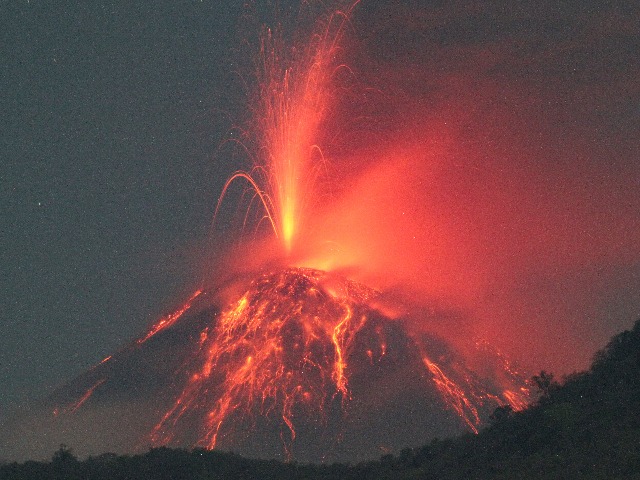Article content
It’s not quite on par with the “birther” movement — a debunked conspiracy theory that suggested U.S. President Barack Obama was not born in America — but Democratic presidential nominee and current U.S. Vice President Kamala Harris reportedly has a semi-secret foreign past, in the form of five years spent in Montreal when she was a teenager.
She doesn’t discuss it much — in fact, her 2019 memoir, The Truths We Hold (subtitled An American Journey), devotes little more than a page to the time spent in Canada. But some recent reporting out the U.S. suggests that those teenage years were in fact formative ones for the future district attorney and politician.
Article content
A lengthy profile in the Washington Post notes that the Parti-Québécois government under René Lévesque took power in 1976, the same year Harris’s mother moved to Montreal in 1976 for work. It notes that, by 1978, Westmount High School where Harris was enrolled faced an influx of Black, lower-income students, whose English-language schools were slated to close.
As someone of both Black and Indian descent, not to mention a foreigner from America, Harris reportedly became a target for racial abuse.
“She was bullied to a degree,” Westmount classmate Jamie Ward told the paper, while declining to go into further detail. “I would never repeat that. Myself being biracial, it’s harmful and it’s hurtful.”
But the paper also suggests that she was tempered by the trials. “Daily life in the Montreal of the late 1970s and early 1980s vividly showed Harris the real-world consequences of deep political division,” it writes, “while the eruptions of conflict at her high school drove home the reality of racism she would face as a biracial woman.”
It goes on: “Harris honed her early political instincts as she navigated high school bullies and a roiling political atmosphere, emerging, classmates say, as a student confident and popular across racial lines.”
Article content
But the paper also uncovered an event that Harris herself has said was instrumental in her becoming a prosecutor, when a friend confided that she was being molested. Harris insisted that Wanda Kagan move into her home.
“It was at a pivotal point in my life that made a difference,” Kagan told the Post in an interview of the help Harris gave her, adding that navigating the challenges at Westmount “helped in building the character and the person that she is now, to be able to work with so many different people.”
Harris may be shy about discussing Canada lest it weaken her American bona fides. As reported in The New York Times and elsewhere, Republican vice presidential candidate J.D. Vance — hours after Donald Trump had questioned her status as a Black woman — called her a “phony” who “grew up in Canada.”
He also accused her of changing her accent while campaigning. “Earlier this week, look up the clip, she went down to Georgia and started talking with a fake Southern accent,” Vance said. “What the hell is that all about? Kamala Harris grew up in Canada. They don’t talk like that in Vancouver or Quebec or wherever she came from.”
Article content
In fact, as the Daily Beast reports in a story on her “secret Canadian past,” Harris has said she was homesick for California upon arriving in Montreal, a situation “made worse when my mother told us that she wanted us to learn the language, so she was enrolling us in a neighbourhood school for native French speakers.”
In the end, she found French too difficult, and convinced her mother to transfer her to an English-speaking school for the 1977-78 academic year, which is how she wound up in Westmount. Though as the Post reports, per classmate Ariela Katz, she and Harris and a few other English speakers “slid just under the wire” in being admitted there.
Another classmate, Derek Leebosh, told the paper: “All of a sudden she was a minority within a minority within a minority. You’re a Black minority within the English. The English is a minority community within Francophone Quebec, which is a minority in Anglophone North America.”
Classmates could not recall whether Harris was ever openly for or against Quebec separating from the rest of Canada, but her age and citizenship would have barred her from voting on the 1980 referendum measure anyway.
In any case, she wouldn’t spend much more time in Montreal. After moving to Vanier College for Grade 12, she graduated and went back to the U.S. for college. The Post reports that she headed to Washington’s Howard University, a historically Black institution that her aunt had attended.
The Washington campus, the paper, notes, “was a world away from the racial, ethnic and cultural divisions she had seen so often in Quebec.” In some way, she never looked back. But in others, her time in Canada never left her, either.
Our website is the place for the latest breaking news, exclusive scoops, longreads and provocative commentary. Please bookmark nationalpost.com and sign up for our newsletters here.
Share this article in your social network







